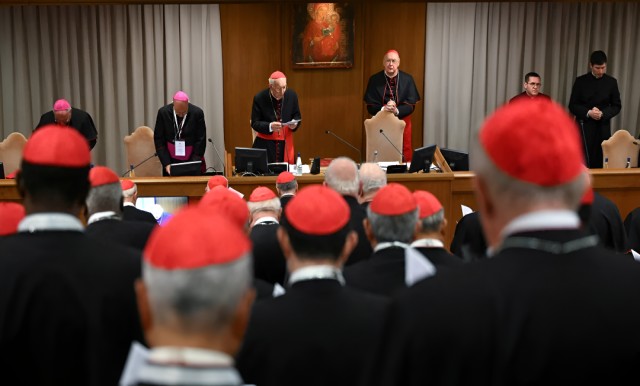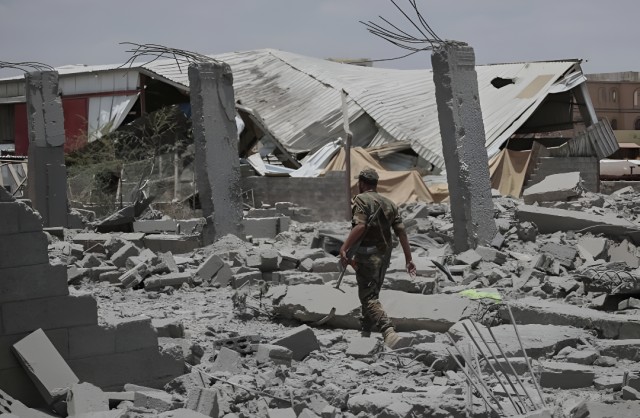
Spanish Prime Minister Pedro Sanchez holds a press conference at the Moncloa Palace regarding the widespread power outages affecting millions of people across the country, April 29, 2025, in Madrid, Spain. (Getty Images)
Spain is investigating a massive power Blackout that plunged the Iberian Peninsula into darkness this week. The government is leaving no stone unturned to determine the cause of the unprecedented blackout.
Prime Minister Pedro Sánchez confirmed the creation of a special commission to uncover what went wrong. He stressed that all possibilities remain open.
Massive Power Blackout Brings Life to a Halt
The outage struck just after noon on Monday, disrupting nearly all of Spain and neighboring Portugal. Power generation in Spain dropped by 15 gigawatts in just five seconds — nearly 60% of the country's usual electricity demand.
Major cities like Madrid and Lisbon went dark. Public transport systems, airports, subways, and even mobile networks shut down. Streets were thrown into chaos as traffic signals failed. Businesses closed, ATMs stopped working, and people rushed to buy battery radios and generators.
By Tuesday morning, 99% of power had been restored, but the damage was done. Millions experienced a long night without electricity.

Officials Urge Caution Amid Speculation
While addressing the public, Sánchez promised swift action. "All the necessary measures will be taken to ensure this does not happen again," he said during a press conference in Madrid.
Although earlier he had hinted at a “strong oscillation” in the European grid being a potential cause, he later refrained from confirming it. Authorities have asked the public to avoid speculation until more is known.
He did clarify that nuclear power generation was not to blame. Spain’s nuclear plants, which supply around 20% of the nation’s energy, were functioning normally during the blackout.
Mixed Explanations, No Clear Answers
Portugal’s grid operator, REN, initially cited extreme temperature swings as a possible trigger. They described a rare atmospheric event over Spain. But Spain's meteorological agency later dismissed that theory, stating no unusual weather or temperature fluctuations had been recorded.
Eduardo Prieto from Red Eléctrica, Spain’s power distributor, called the situation “exceptional and extraordinary.” However, he admitted that the true cause is still unknown.
The company ruled out a cyberattack on Monday, but Sánchez confirmed a separate probe is underway to examine that possibility.
European Council President Antonio Costa echoed this, saying there was no evidence of cyber interference. Teresa Ribera of the European Commission also downplayed sabotage, though she acknowledged the severity of the event.
Concerns Grow Across Europe
This incident follows another power disruption in Europe. London’s Heathrow Airport experienced a major outage on March 20 after a local substation caught fire. Though not linked, both blackouts have sparked wider concern. With tensions high due to the war in Ukraine, Western European countries remain alert. Officials haven't confirmed any hostile activity, but fears of foreign sabotage linger.
As investigations continue, Europe braces for answers — and prepares for a more resilient energy future.















